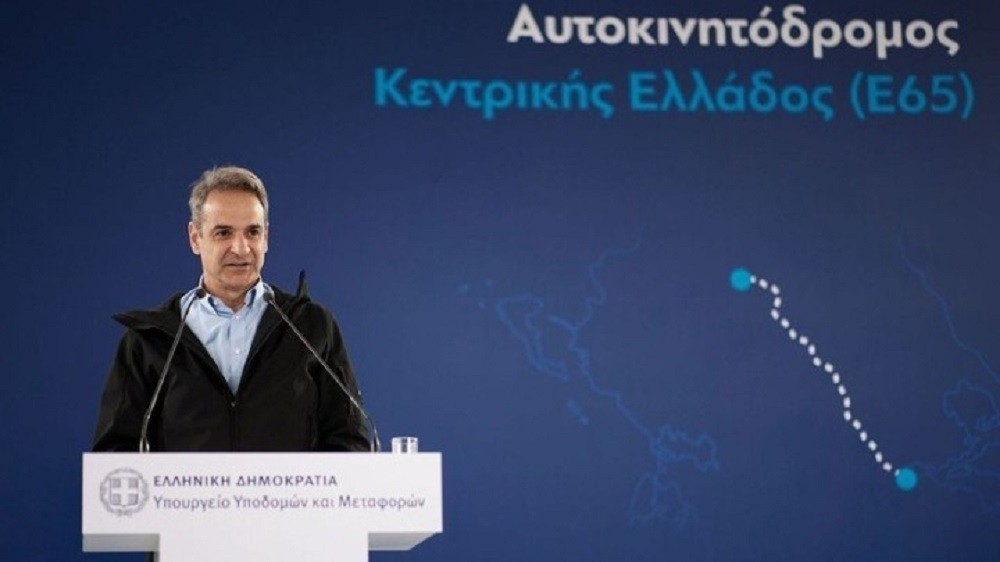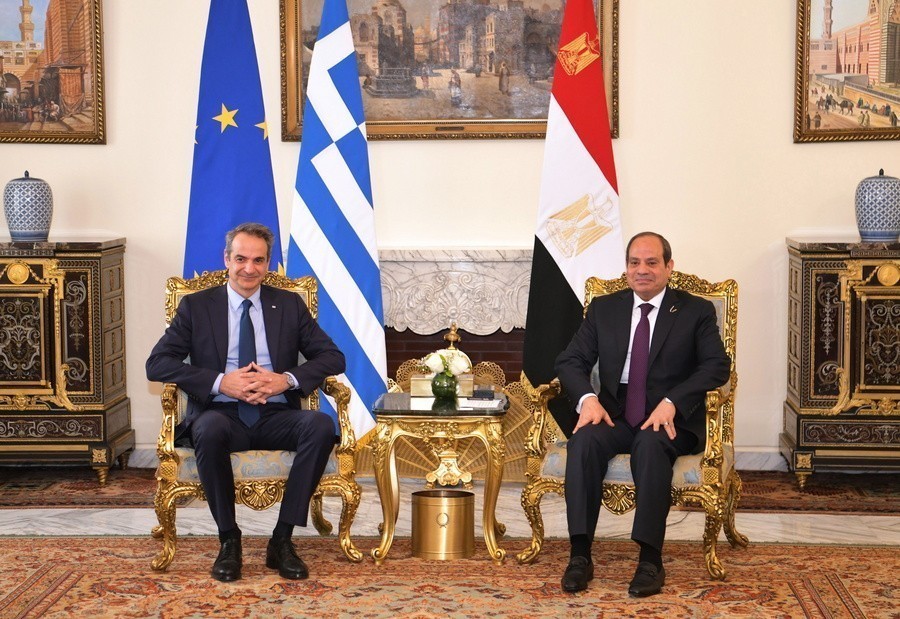
Parliament approves government proposal to probe past health sector spending
Greek parliament approved on Wednesday a proposal tabled by the coalition governing parties (SYRIZA-ANEL) to set up a Parliamentary investigation into past health sector spending with 187 votes in favour and 79 against.
The proposal concerns the period 1997-2014.
New Democracy’s proposal to extend the scope of the inquiry to include all years after 1996, right up to the present day received 107 votes in favour and 151 against (21 “present”) and was therefore rejected. During the vote, the parties voted as follows:
SYRIZA and ANEL lawmakers approved their own proposal and rejected ND’s. ND lawmakers voted against SYRIZA’ANEL’s proposal and approved its own. The Democratic Coalition said they support their partys proposal which was not included in the vote because it didn’t garner the required number of signatures to be tabled. Its vote was registered as “present” for both proposals. Golden Dawn, the Communist Party and Potami approved both proposals and the Centrists’ Union voted “present” in both proposals.
The presiding Speaker Giorgos Varemenos suggested that the parliamentary committee be made up of 23 members and conclude its work within three months from the start of deliberations. The parties will now have to present the names of the lawmakers who will participate in the committee by April 21.
PM Tsipras: ND now in a tail spin after betting on disaster that never came
Having bet everything on a disaster that never came, main opposition New Democracy and its leader Kyriakos Mitsotakis were now in a state of utter confusion, Prime Minister Alexis Tsipras said earlier during the debate.
“I understand the opposition’s sense of vertigo and for this reason I will go easy on Mr. Mitsotakis,” Tsipras added, comparing the main opposition leader to a “gambler that always loses”.
Replying to ND’s demand for immediate elections, Tsipras said that Mitsotakis was in danger of becoming the first main opposition leader that demanded elections for four years straight and then lost them when they finally took place.
“The elections will be held in good time and when they happen you will lose them,” Tsipras said.
Referring to the agreement on Greece reached in Malta, the prime minister said that Greece came away with a comprehensive agreement that also included the medium-term measures for easing Greee’s debt, while the “main opposition was left to count its contradictions.”
He also responded to accusations that the government was incompetent, saying that the government’s incompetence was “confined to taking bribes, kickbacks, squandering public money, corruption and graft.”
“In these things we proved incompetent because there will never be any in this country that are as competent as you in these matters, ever,” he said.
Earlier, New Democracy (ND) leader Kyriakos Mitsotakis had sternly attacked the government over Eurogroup’s agreement. The main opposition leader called the negotiation “the Waterloo of a pathetic government and the proof that the past takes revenge.” Mitsotakis added that “the government attempted to present the negotiation as a triumph when some referred to the end of austerity”.
Independent Greeks leader Panos Kammenos, on his part, asserted that the “corrupt state was built on the black money in the health sector” and noted that Mitsotakis had spoken for 21 minutes and 44 seconds without once mentioning either health or the parliamentary investigation “because it is a sore point.”
Replying to the opposition’s demand for elections, Kammenos said that both the Parliamentary investigation and examining committee will be concluded and that they should not pin their hopes on the present government falling.
Finance Minister Euclid Tsakalotos, taking the stand immediately after Mitsotakis, said “ND is the disease that confuses itself with a cure.” He also countered many of the ND leader’s claims about the review of Greece’s programme as “inaccuracies” and pointed to figures showing an upward trend in employment. He also denied ND’s claim that the positive measures for the economy will only be implemented if Greece exceeds the targeted 3.5 pct primary surplus, stressing that the requirement was for Greece to meet targets.
Health Minister Andreas Xanthos said that the debate on whether to conduct a Parliamentary investigation into scandals in the health sector is part of the government’s efforts to shield the system and identify those who served interest groups. Xanthos said the probe will be part of the government’s political plan to make the health system more “moral” and urged all sides to keep the process low key for the benefit of society and public life.
“We will make this effort to shield the system, to locate the mechanisms that were able to intervene in legislation, affect political choices and serve interests,” he said.
Alternate Health Minister Pavlos Polakis noted that the government’s proposal to conduct a Parliamentary investigation into the health sector is the first one of the past 40 years, adding that the government is proposing it because “it is not inside the system of corruption.”
Polakis said the black money in the health sector amounts to 85 billion euros, which is one fourth of Greece’s public debt, and presented examples of overpriced drugs, consumables and orthopedic material, which happened with “the blessings of an establishment” that ruled Greece for decades. Concerning pharmaceutical expenditure, he said it jumped from 1.9 billion euros in 2001 to 5.4 billion in 2009. “Did we get that sick? Did prices rise so much?” he asked. “More than half [of the expenses] each year was black money and this happened during specific government tenures,” he added.
KKE wants health sector probe on all years from 1996 to 2017, Koutsoumbas tells Parliament
The present government has provided “great services” to the system, creating problems for ND because it proved itself “more willing to implement elements that were part of [ND’s] policies,” Communist Party of Greece (KKE) General Secretary Dimitris Koutsoumbas said. He also attacked the government over labour issues and the measures envisioned to complete the second review of the Greek programme.
He noted that the present government was implementing a similar policy to its predecessors in the health sector and using the Parliamentary probe as a means of “propaganda” to help it enforce its anti-popular policies in health.
KKE will vote in favour of a Parliamentary investigation for health, he said, and “saw no reason why this should not be extended to the present day or why it should not include a year before or more if necessary. In other words, the examining committee should investigate from 1996 until 2017.”
Parliament’s investigation into health should not have time restrictions, Potami leader says
The Parliamentary investigation into health sector spending should not have any time restrictions, the head of the opposition Potami party Stavros Theodorakis said.
Addressing both the government and main opposition, Theodorakis said that the committee formed should “not become an arena for communications-led or party-political confrontations.” According to Potami’s leader, the political system did not want to clean up the health sector, either now or ever.
“Barring a few, such as Paraskevas Avgerinos, who went to do something and were drowned in the competition of party interests, everyone talks about the murder but no one about the murderer,” he said.
Gennimata: PASOK is proud for its work in health from 1982 till today
PASOK is proud about the work it did in the health sector from 1982 until today, party president Fofi Gennimata said, noting that there was no welfare state before PASOK and that “ESY bears the indelible stamp” of her party.
She strongly criticized the government on the ongoing negotiation with the country’s lenders on the second review, saying it has profound responsibility for the “capitulation agreement” it is preparing and added that SYRIZA and ANEL bring only disaster to the country.

